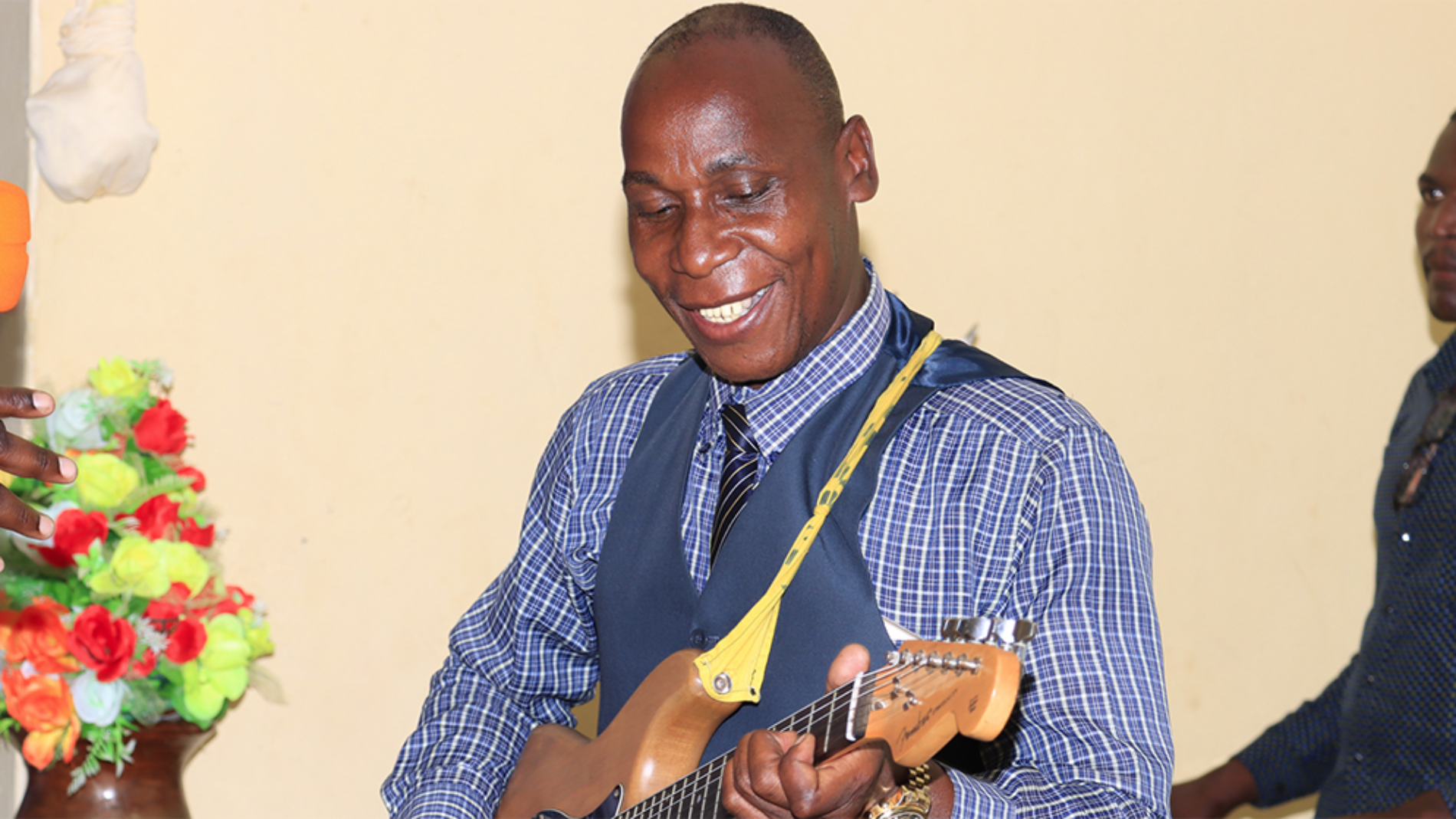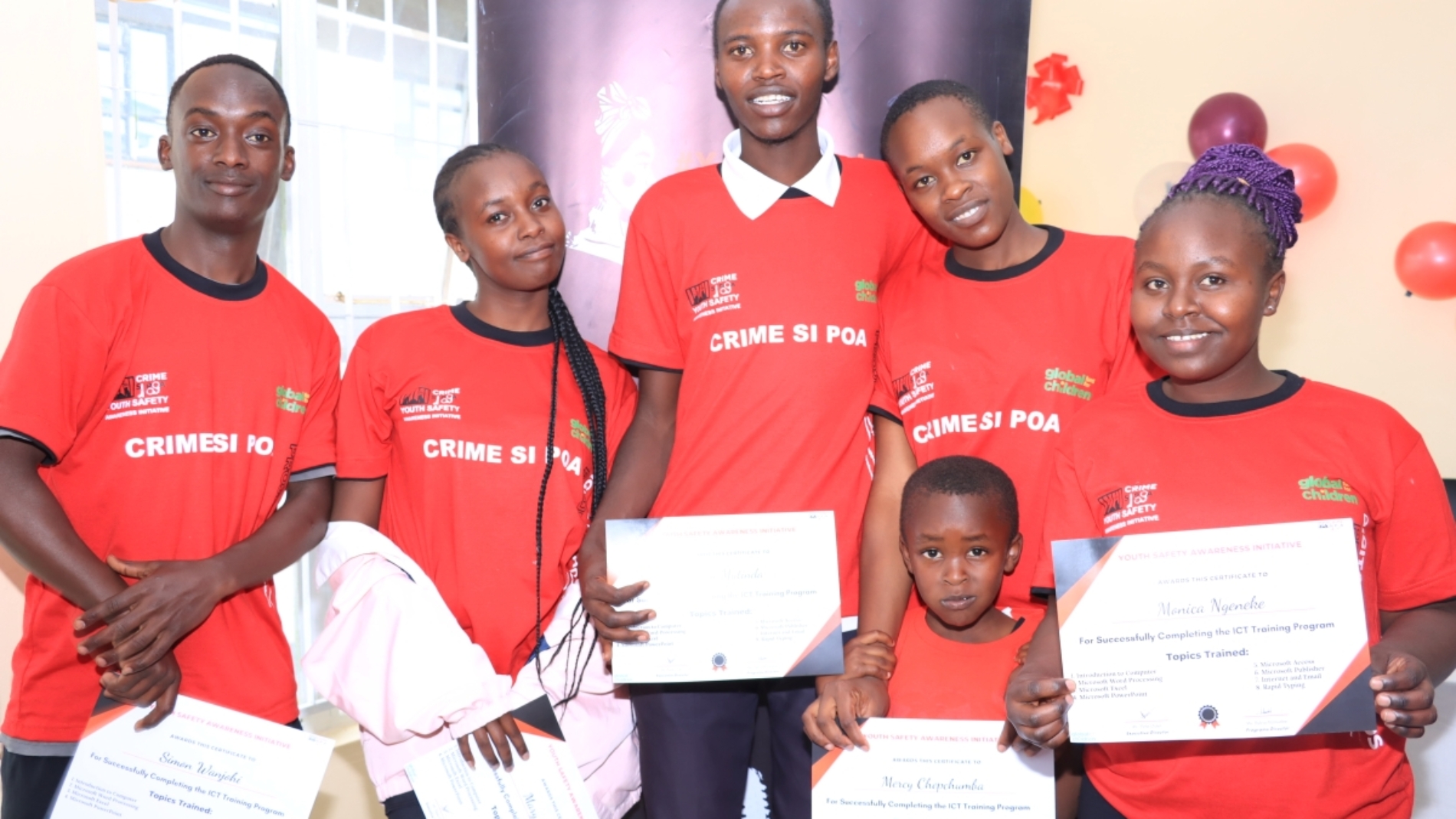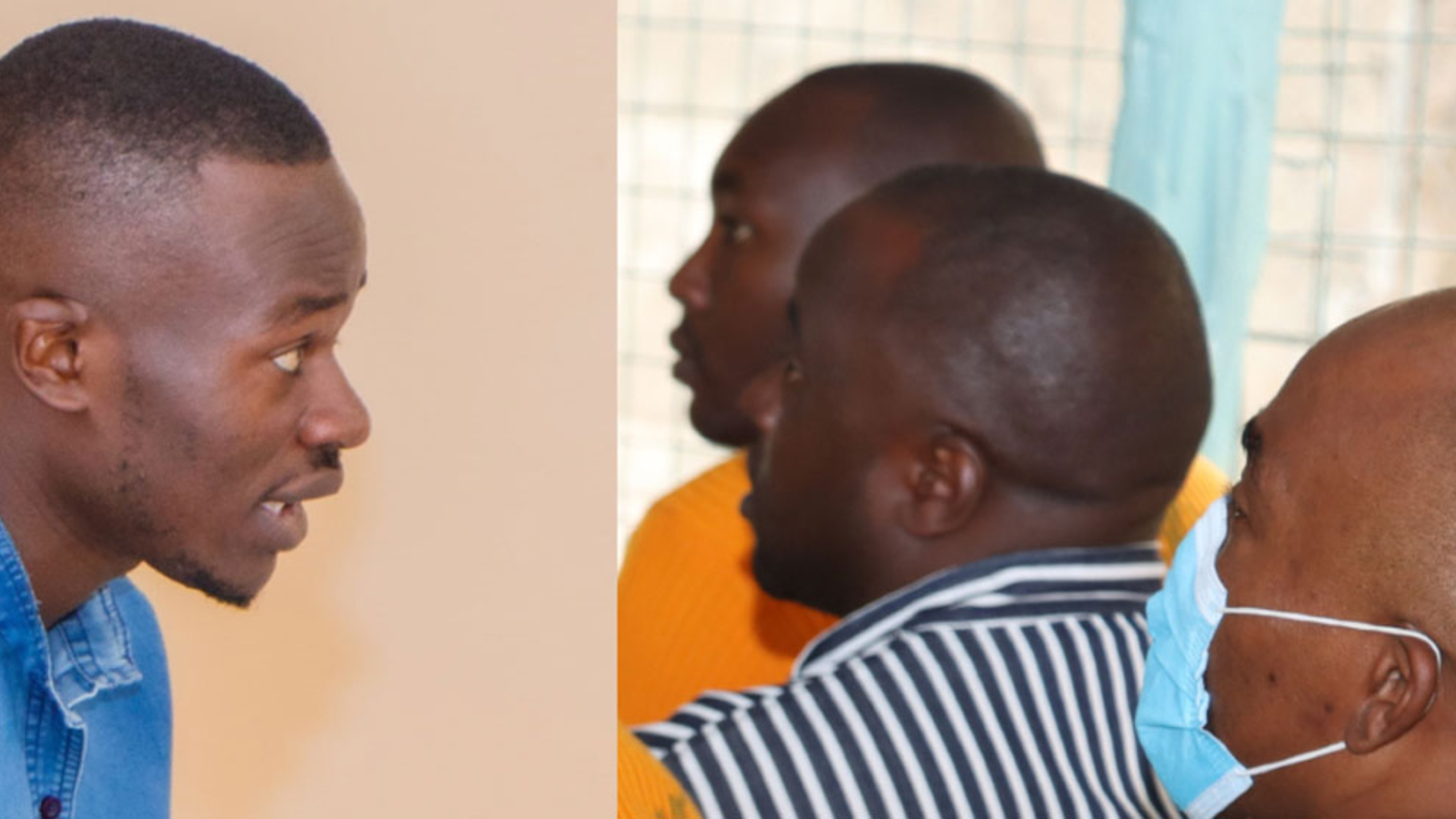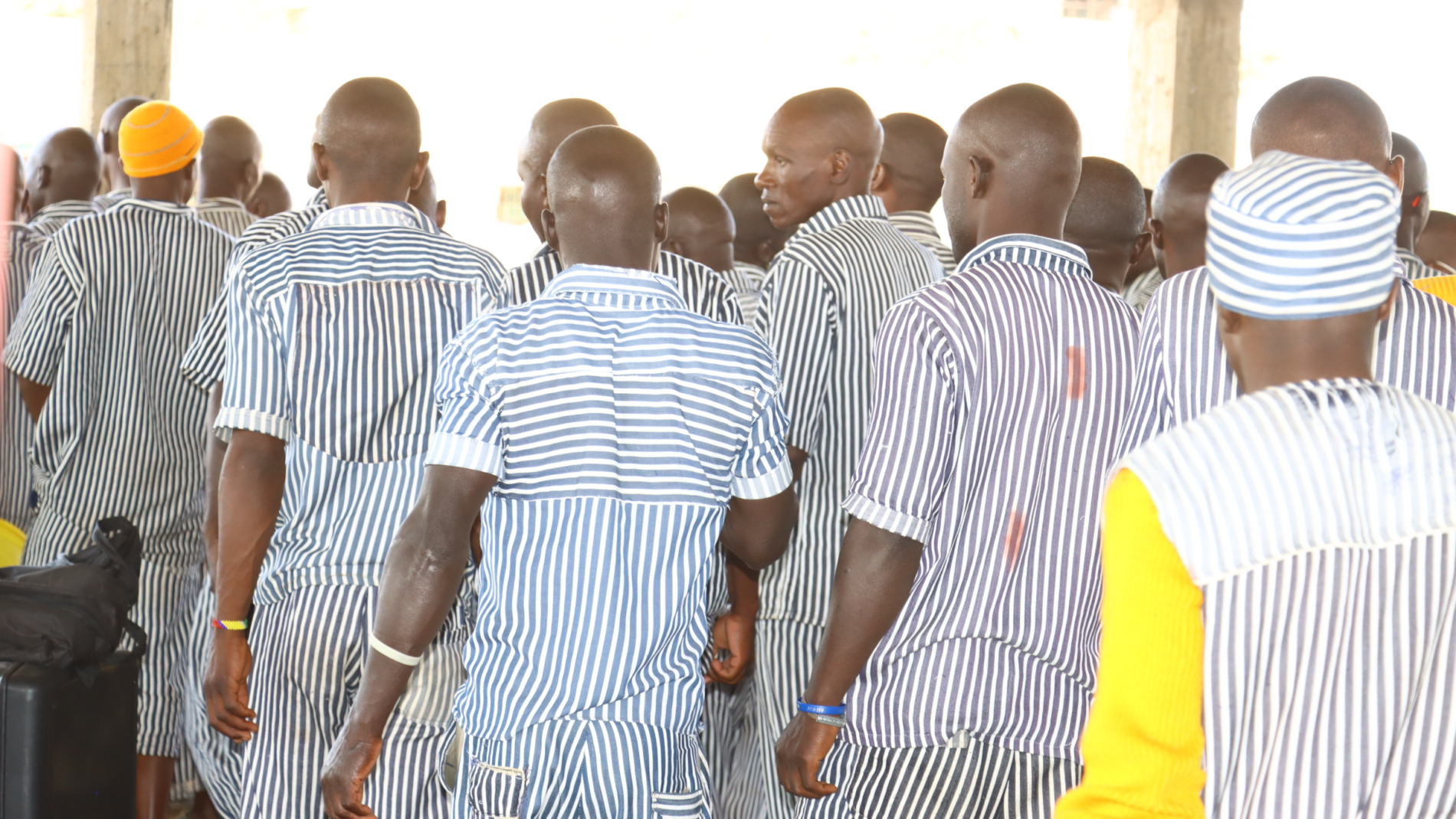In the busy estates of Nairobi where dreams collide with the harsh realities of life, Benjamin Mutunga’s life story emerges as a beacon of hope and renewal. His journey, woven with threads of transformation and the unwavering belief in second chances, paints a portrait of triumph over adversity.
Emerging from the cocoon of confinement, Benjamin embraced the chaos of the city with an unwavering spirit and a newfound sense of purpose. Armed with the tools of his trade and a heart ablaze with ambition, he ventured into the world of bread selling.
With each loaf of bread sold, Benjamin carves a path of resilience. He wears his journey as a badge of honor, a testament to the indomitable spirit that refuses to be bound by the chains of circumstance.

Born in the serene side of Machakos County, Benjamin ventured into the city in pursuit of his entrepreneurial dreams in 2014. “I had found success in the business of selling milk and bread and was making up to Ksh. 4 000 sales profit on a good day. Unfortunately, my life took an unexpected turn in 2018 when I got arrested and subsequently convicted for the offense of manslaughter and sentenced to serve three years in prison,” he says. Despite the despair of incarceration, Benjamin refused to let his spirit be broken. Instead, he turned his time behind bars into an opportunity for growth and self-improvement.
Embracing the programs offered by the Kenya Prisons Service in partnership with Crime Si Poa, Benjamin focused on the entrepreneurship, spiritual, and psycho-education classes that instilled in him a newfound sense of purpose and leadership. He diligently honed these skills as he envisioned a brighter future beyond the prison confines.
Benjamin returned home upon release determined to rebuild his life and reintegrate into society. Despite facing numerous challenges, including financial setbacks and initial skepticism of the community, he remained focused.
With the support of CSP and the encouragement of fellow entrepreneurs like Walaika Brian, he embarked on the journey of resurrecting his business. However, it was not smooth sailing as the road was fraught with obstacles. From losing his hard-earned money on the way to the bank to struggling with a reduced customer base and limited resources, Benjamin faced setbacks that would have discouraged many. Yet, his unwavering determination and the support of his community propelled him forward.
For Benjamin, every sale represents more than just financial transactions, it symbolizes his resilience, his refusal to be defined by past mistakes, and his unwavering belief in the power of redemption. It is the ultimate audacity of hope.

Crime Si Poa (CSP) Programs Manager for Prisons and Reintegration Flavier Mwika says Benjamin’s story is not just one of personal triumph; it is a testament to the transformative potential of the program, which seeks to empower inmates with the skills, support, and resources necessary for successful reintegration into society. She calls on well-wishers to support Benjamin in his quest to expand his business to incorporate milk selling to have a sustainable income stream to meet his daily needs.
Benjamin’s journey of redemption and entrepreneurship serves as a beacon of hope for all those who have stumbled along life’s path. It reminds us that no matter how bleak the circumstances may seem, with resilience, determination, and a supportive community, the human spirit can overcome even the most daunting challenges, turning adversity into opportunity and darkness into light.
Read about Benjamin’s homecoming here: https://crimesipoa.org/it-is-never-too-late/






















